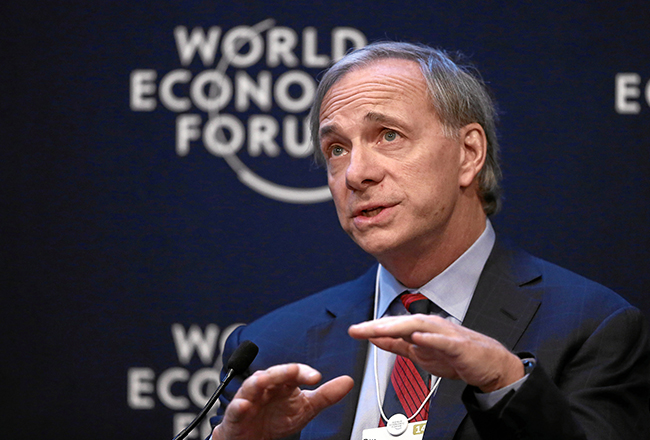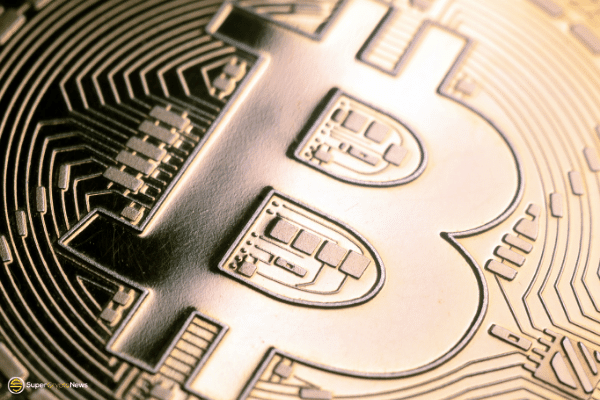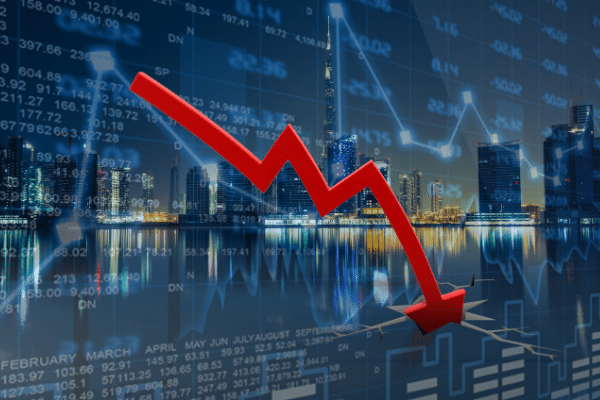
Ray Dalio, Bridgewater Associate’s founder and chief investment officer has shared his perspective of the world economy with Bloomberg and stated that the capital market is “no longer a free market.”
Central Banks around the world have intervened in the world’s capital markets by buying back assets and heavily implementing the quantitative easing measure (QE) to ease the impact of the widespread novel coronavirus.
The billionaire hedge fund manager said that the central banks no longer act as moderators but have stepped in as players. This throws the traditional economic system out of balance thus the markets are now more driven by the central banks instead of corporations and private entities.
“There are markets that are driven by central banks not only their actions but their desire to be an owner of those assets. Their priorities about that ownership when they buy and when they sell are not the same as the classic free-market allocations. And as a result, the capital markets are not free,” Dalio reiterated.
The Federal Reserves or Fed has adopted the controversial unlimited quantitative easing policy, flooding the markets with excess liquidity by continuing to buy back bonds and large corporation loans. Consequently, the Fed’s balance sheet has ballooned to 7 trillion dollars, increasing over 3 trillion dollars in debt during the past three months.
Becoming addicted to creating debt, the US government and the Fed find that to print money and pump it into the open market helps to solve pressing problems like a charm. Everything looks fine at the moment as the US Dollar Index (DXY) is still maintaining its value as the world is desperate for cash. However, when the panic and fear of pandemic are finally over, how will the world react to the excess amount of US dollars circulating in the markets?
Dalio also highlights four of the major events happening in the world at the moment including the continuation of debt creation, wealth gaps between the rich and the poor, the shift in the momentum of the world’s power, and the COVID-19 pandemic.
You may also want to read: Crypto Market 2020 First Half Round-Up: Top & Trash Performing Coins


